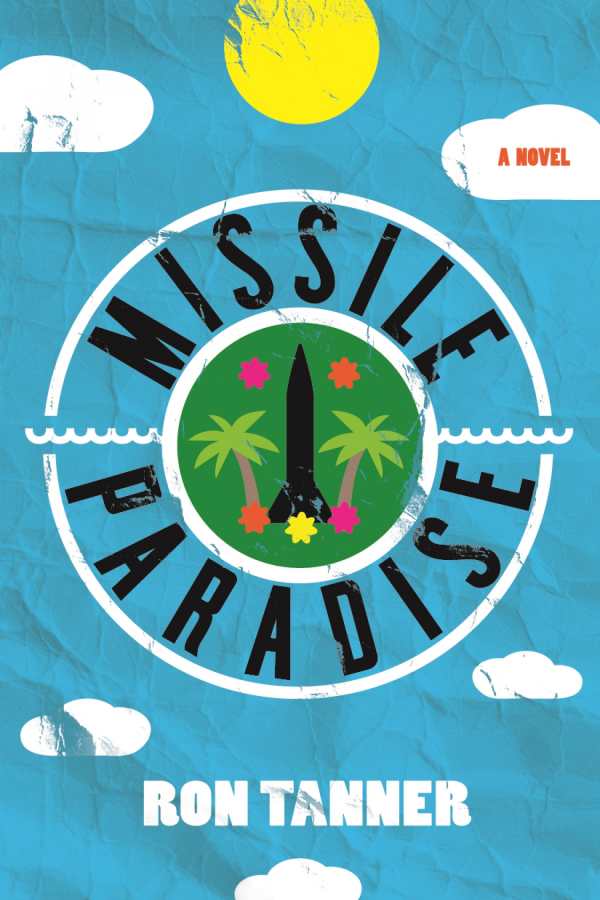Missile Paradise
An intelligent plot spans private griefs made public and the plight of Marshall Islanders dealing from fallout, both literal and political.
Ron Tanner’s masterful portrait of regret, Missile Paradise, presents characters whose lives reveal the fallout of the American occupation of the Marshall Islands. They are Cooper, a sailor and recent amputee; Alison, a mother and widow; Art, a burned-out cultural liaison; and Jeton, a teenage, lovelorn islander. Three are American ex-pats, one is a native to the Islands, and all are near Kwajalein, the base for the Ronald Reagan Ballistic Missile Defense Test Site.
Pushcart Prize winner Ron Tanner has lived in Kwajalein, where he spearheaded the Marshall Islands Story Project, which preserves oral traditions. From such experience comes this novel, with an intelligent plot that spans private griefs made public; global warming; American consumerism; the plight of the Marshallese in 2004, decades after nuclear bomb tests; and the heartbreaking illusions people hold on to in a “cinderblock beach town gone to seed.”
Cooper, Alison, and Jeton each hold fast to ideal versions of themselves that are braver than their circumstances. All are eventually—and in some cases, dramatically—humbled by their limitations. They seldom cross paths, except through scenes with Art, the impassioned liaison who serves as the voice for many of the book’s tougher themes and the source for background on the islanders. The parallel story lines, however separate, underscore the many ways in which the characters believe themselves to be alone despite the willingness of others to help them.
Of the four main figures, Cooper and Jeton especially stand out. Both impulsive on the water, both headstrong and out of sync with the expectations of their families; the former running from love, the latter stubbornly claiming a love that is already leaving–they stand on opposite sides of Kwajalein’s racial divide and illustrate different versions of trying to escape the pain of newly changed circumstances. Other noteworthy characters include Nora, an American teenager, and Jeton’s cousins.
Missile Paradise critiques American privilege abroad, yet does so in brilliant context. This is a deeply humane story of coming to terms with loss, stitched with moments of humor and genuine heart.
Reviewed by
Karen Rigby
Disclosure: This article is not an endorsement, but a review. The publisher of this book provided free copies of the book to have their book reviewed by a professional reviewer. No fee was paid by the publisher for this review. Foreword Reviews only recommends books that we love. Foreword Magazine, Inc. is disclosing this in accordance with the Federal Trade Commission’s 16 CFR, Part 255.

